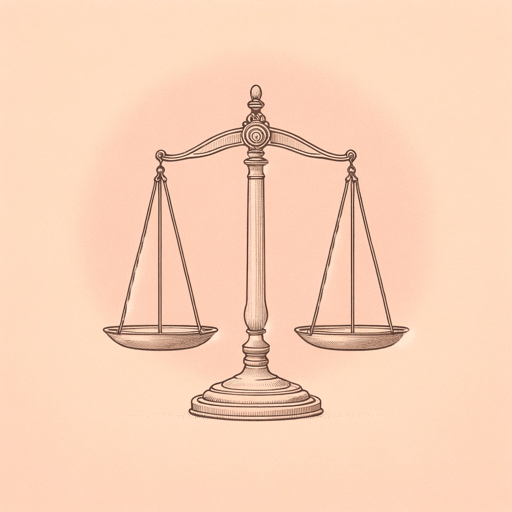57 pages • 1 hour read
Ruth Bader GinsburgMy Own Words
Nonfiction | Autobiography / Memoir | Adult | Published in 2016A modern alternative to SparkNotes and CliffsNotes, SuperSummary offers high-quality Study Guides with detailed chapter summaries and analysis of major themes, characters, and more.
Important Quotes
“It is vital that peace be assured, for now we have a weapon that can destroy the world. We children of public school age can do much to aid in the promotion of peace. We must train ourselves and those about us to live together with one another as good neighbors for this idea is embodied in the great new Charter of the United Nations. It is the only way to secure the world against future wars and maintain an everlasting peace.”
(Part 1, Chapter 1, Page 11)
Ginsburg penned this final paragraph of an editorial in her public school newspaper, The Highway Herald, in June 1946. She was the editor of the newspaper and the eighth-grade valedictorian. Elements that are characteristic of her later writings and perspective are evident in the editorial as she talks about the involvement of laypeople in preserving peace and freedom as well as expressing faith in the charter of the newly founded United Nations. Nothing in the editorial, apart from zealous optimism about the future, shows any indication that the author is 13 years old.
“We must never forget the horrors which our brethren were subjected to in Bergen-Belsen and other Nazi concentration camps. Then, two, we must try hard to understand that for righteous people hate and prejudice are neither good occupations nor fit companions. Rabbi Alfred Bettelheim once said: ‘Prejudice saves us a painful trouble, the trouble of thinking.’
We are part of a world whose unity has been almost completely shattered. No one can feel free from danger and destruction until the many torn threads of civilization are bound together again.”
(Part 1, Chapter 2, Page 16)
This essay, published in the newsletter of a Jewish fellowship in New York City where she lived, is another example of 13-year-old Ginsburg’s literary ability. It also reveals thematic elements of her writing as an adult: She quotes a pertinent expert and speaks of achievable goals—the avoidance of hatred and prejudice—while describing the dire reality of a shattered world. Ironically, Ginsburg speaks of the Bergen-Belsen concentration camp, where a contemporary of hers, Anne Frank, another bright young Jewish woman and author, died a year earlier prior to the camp’s liberation.

